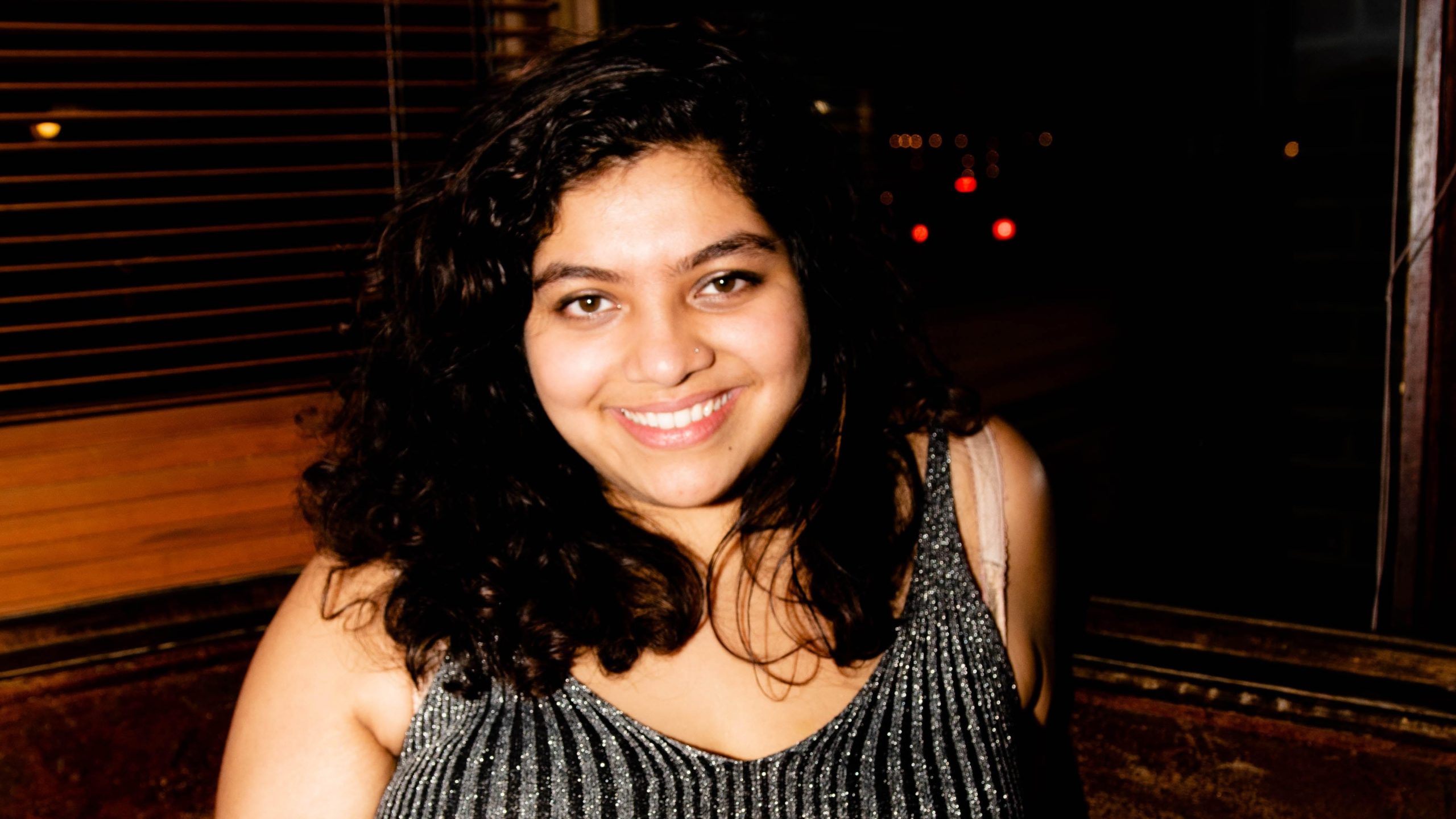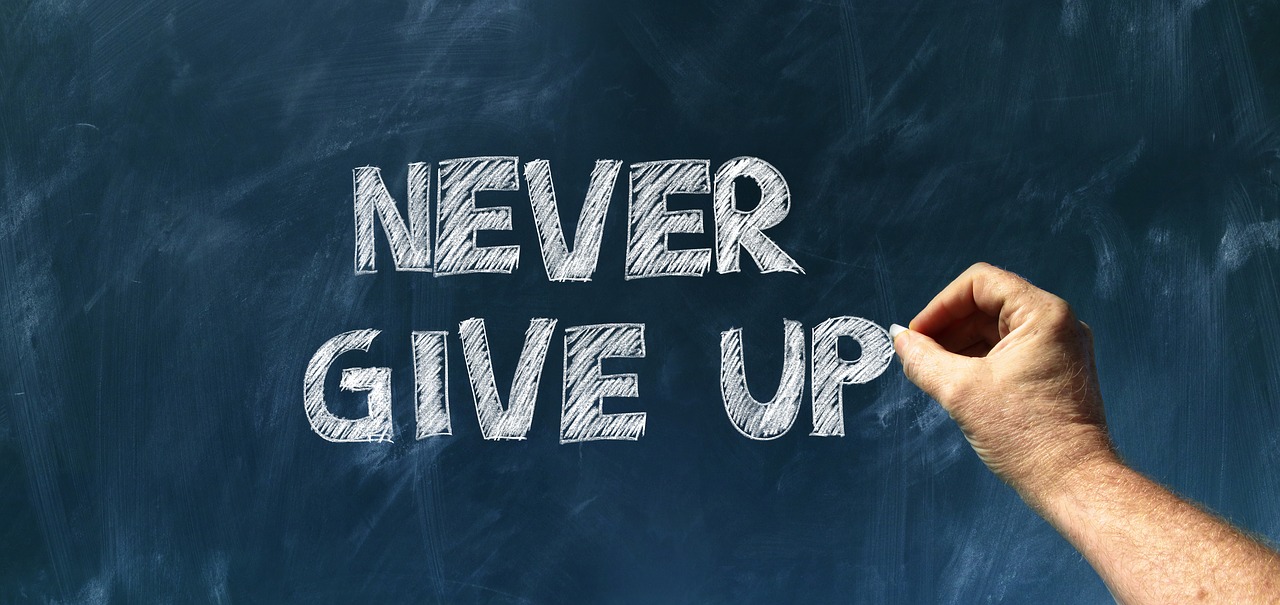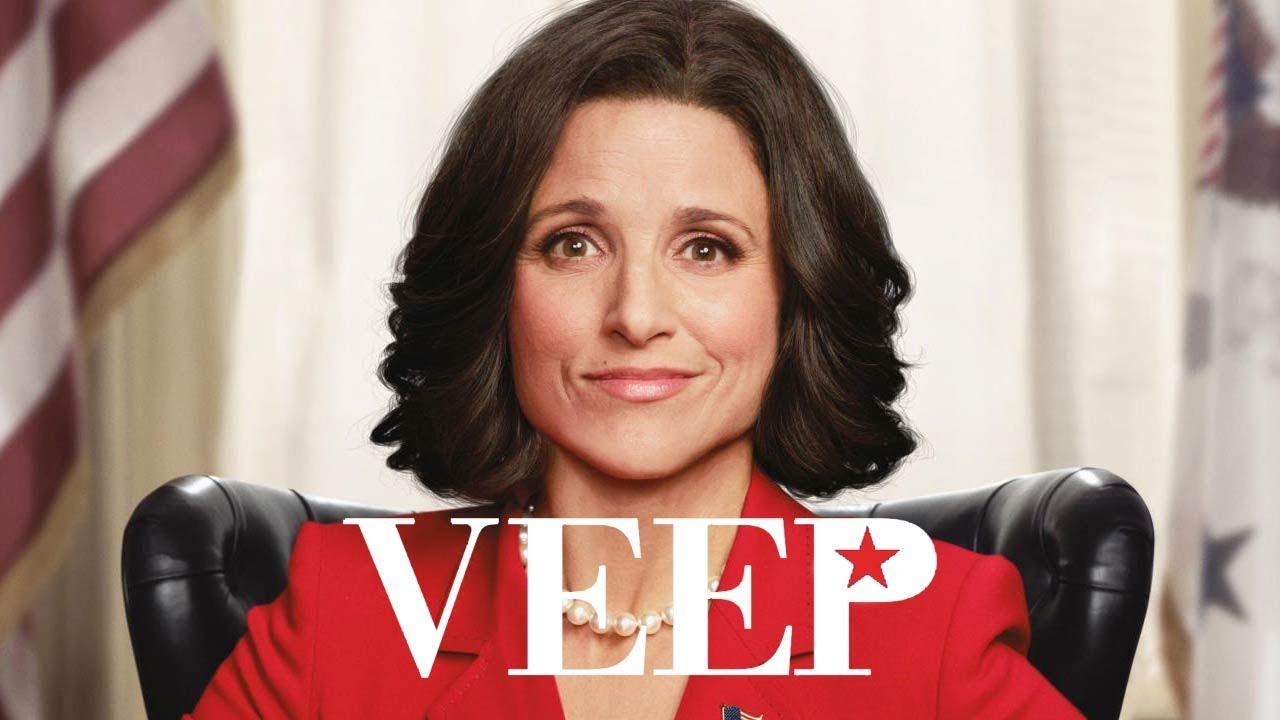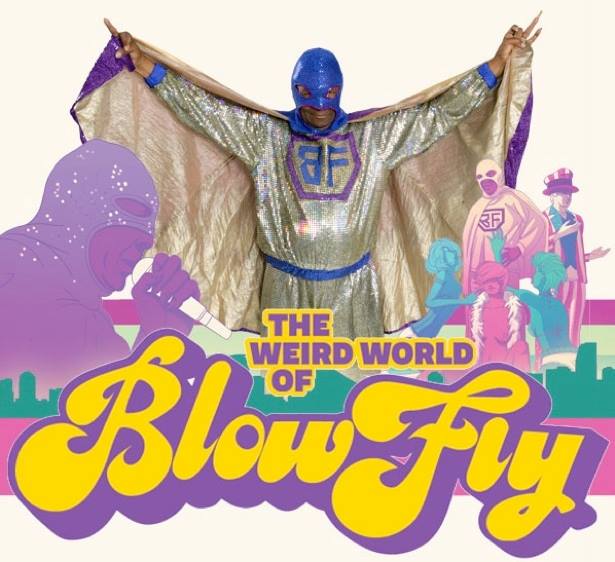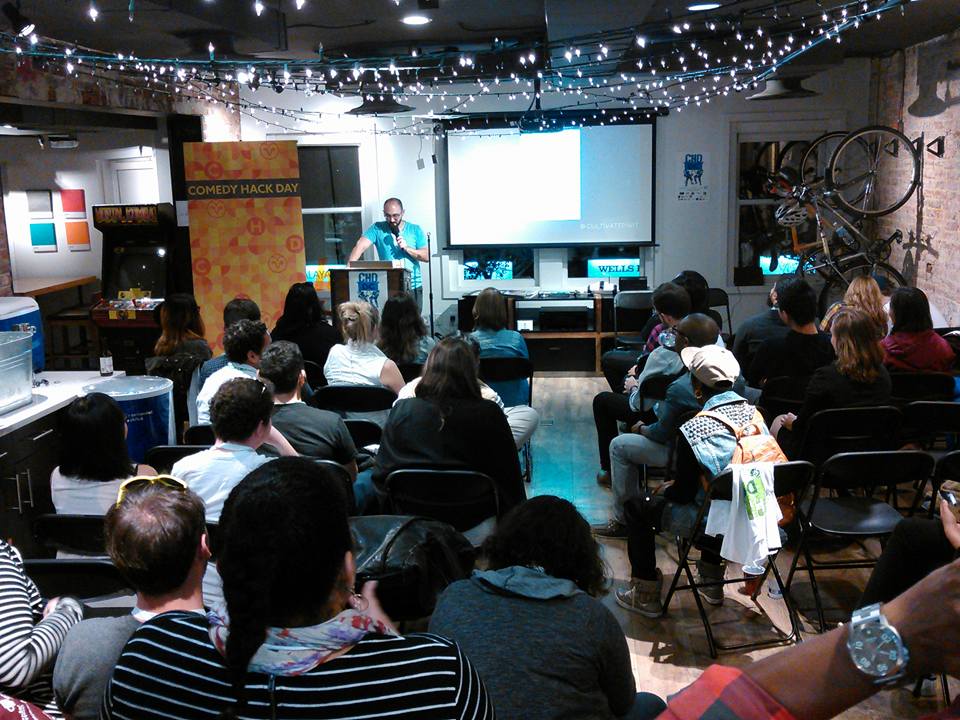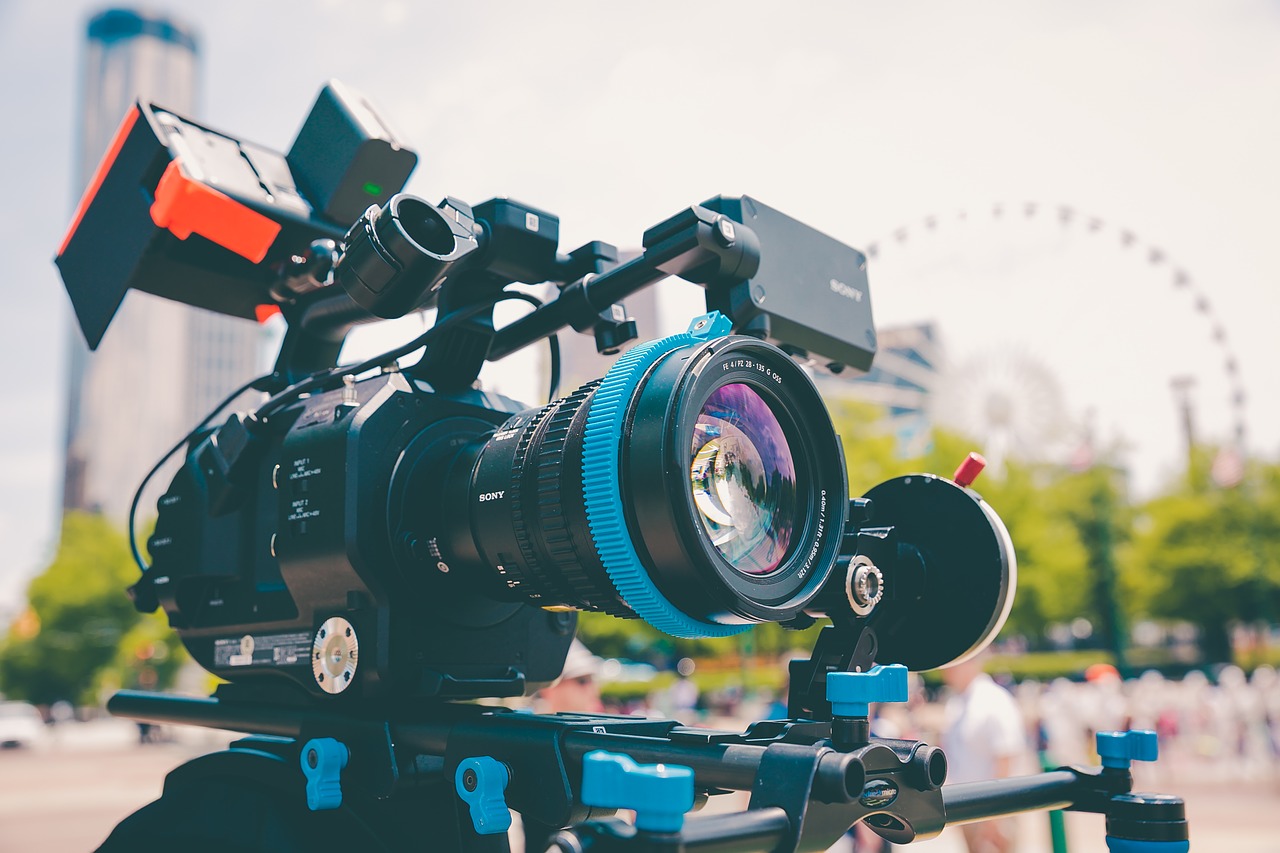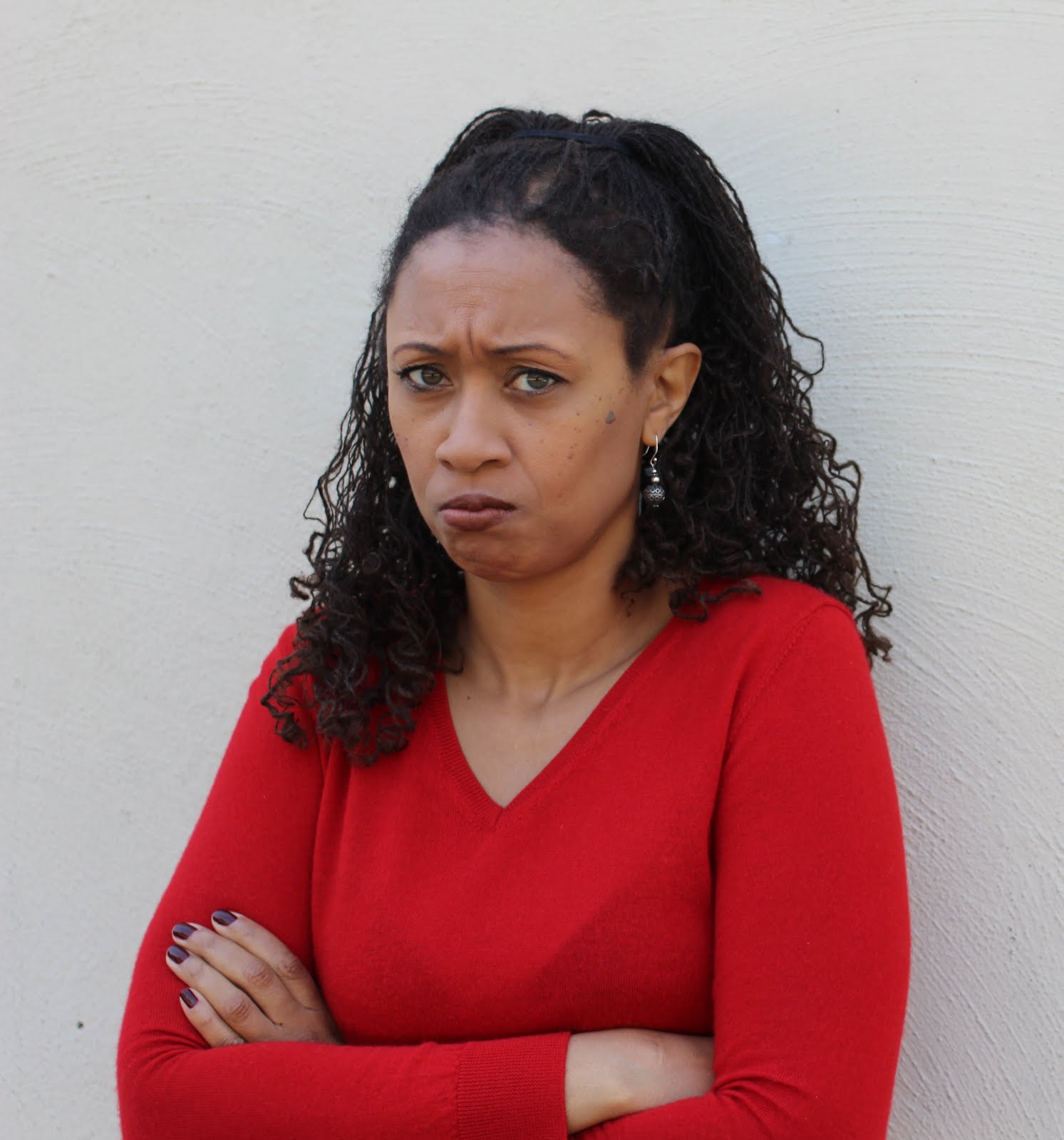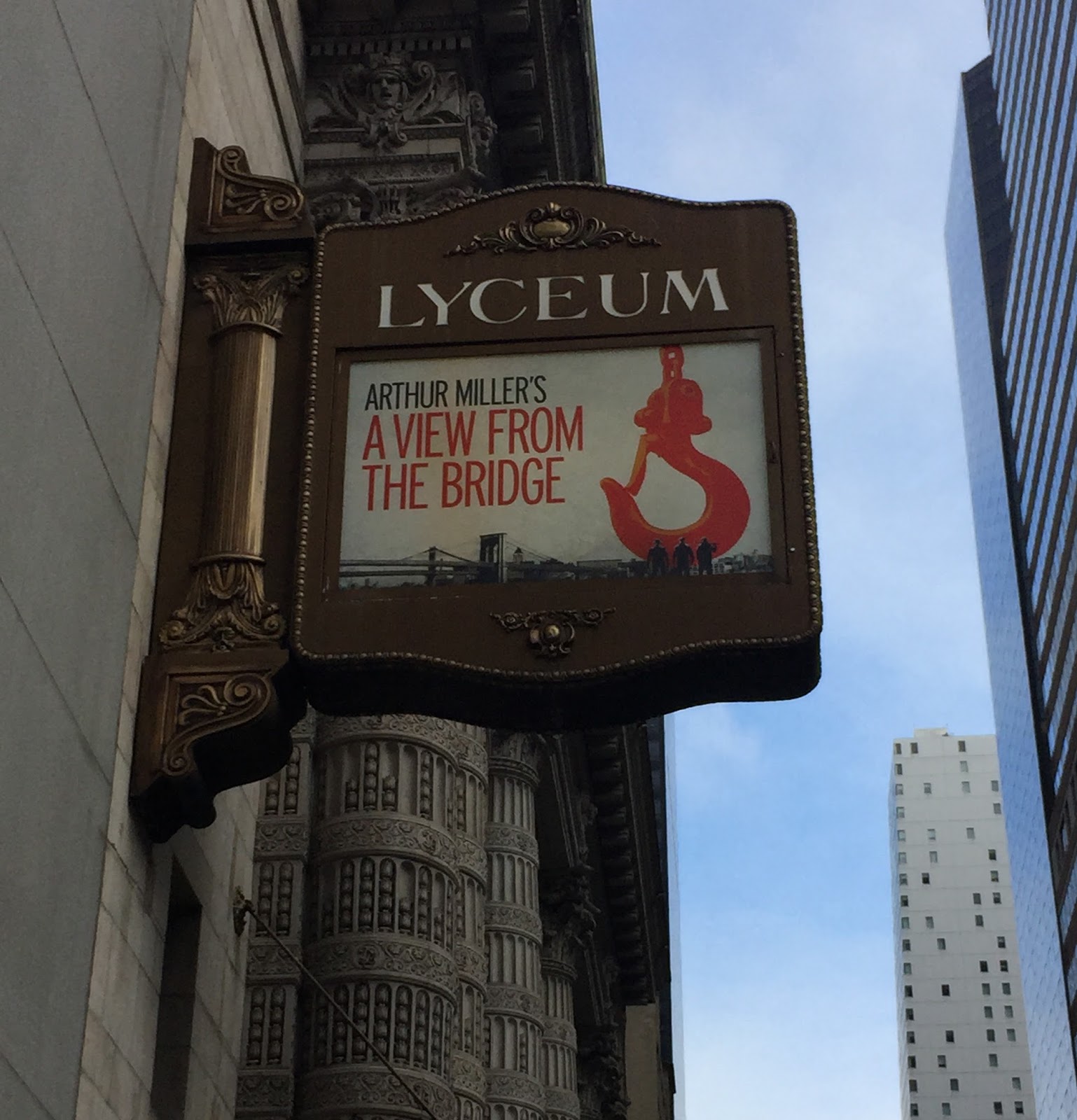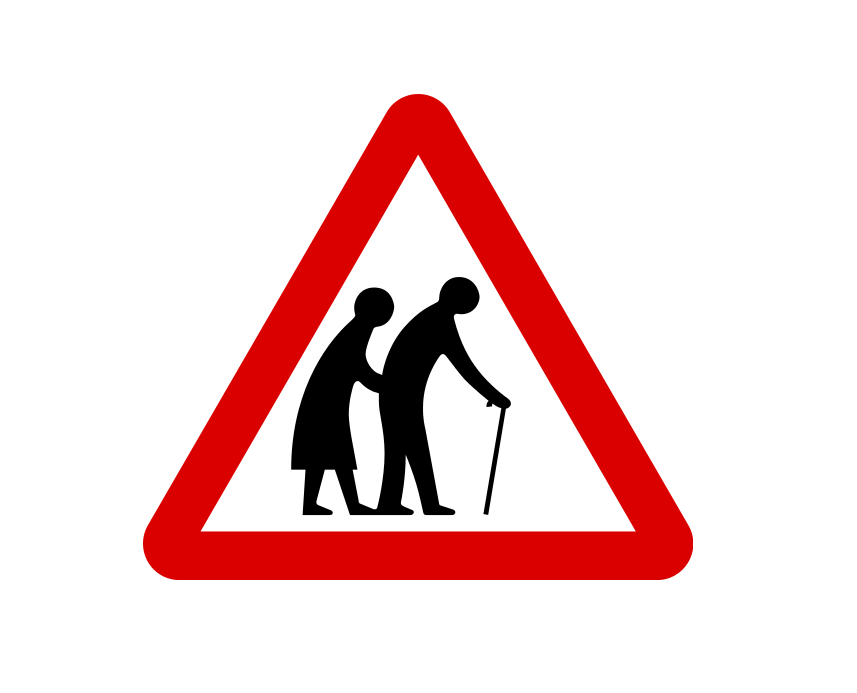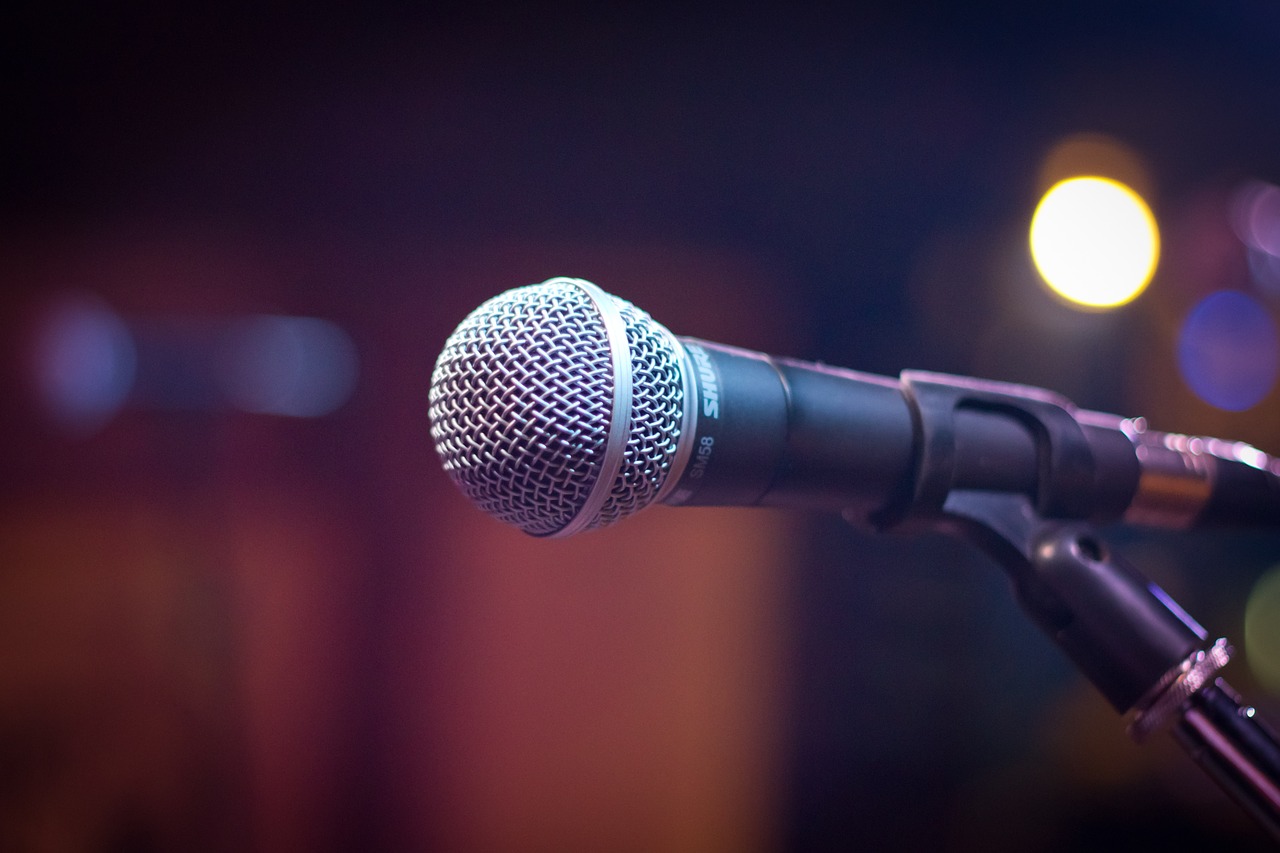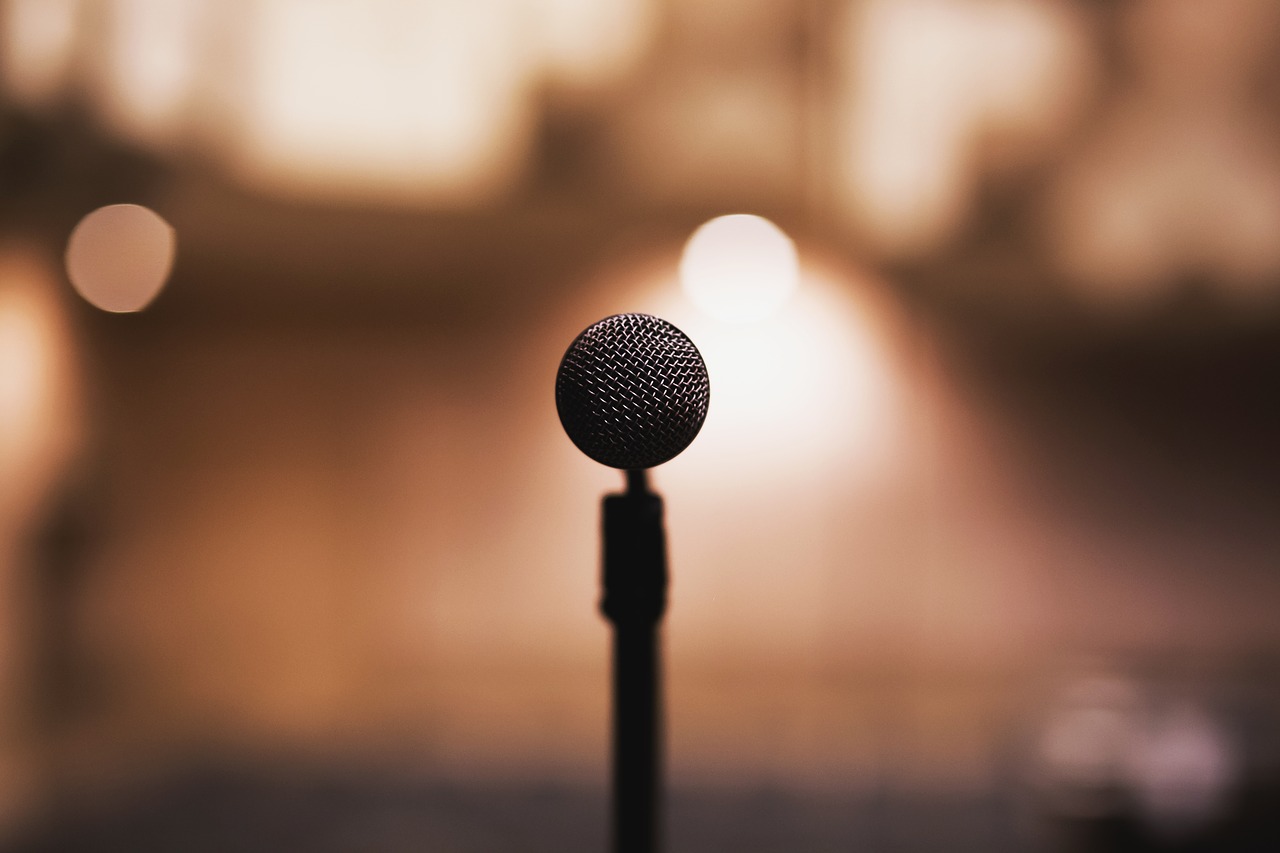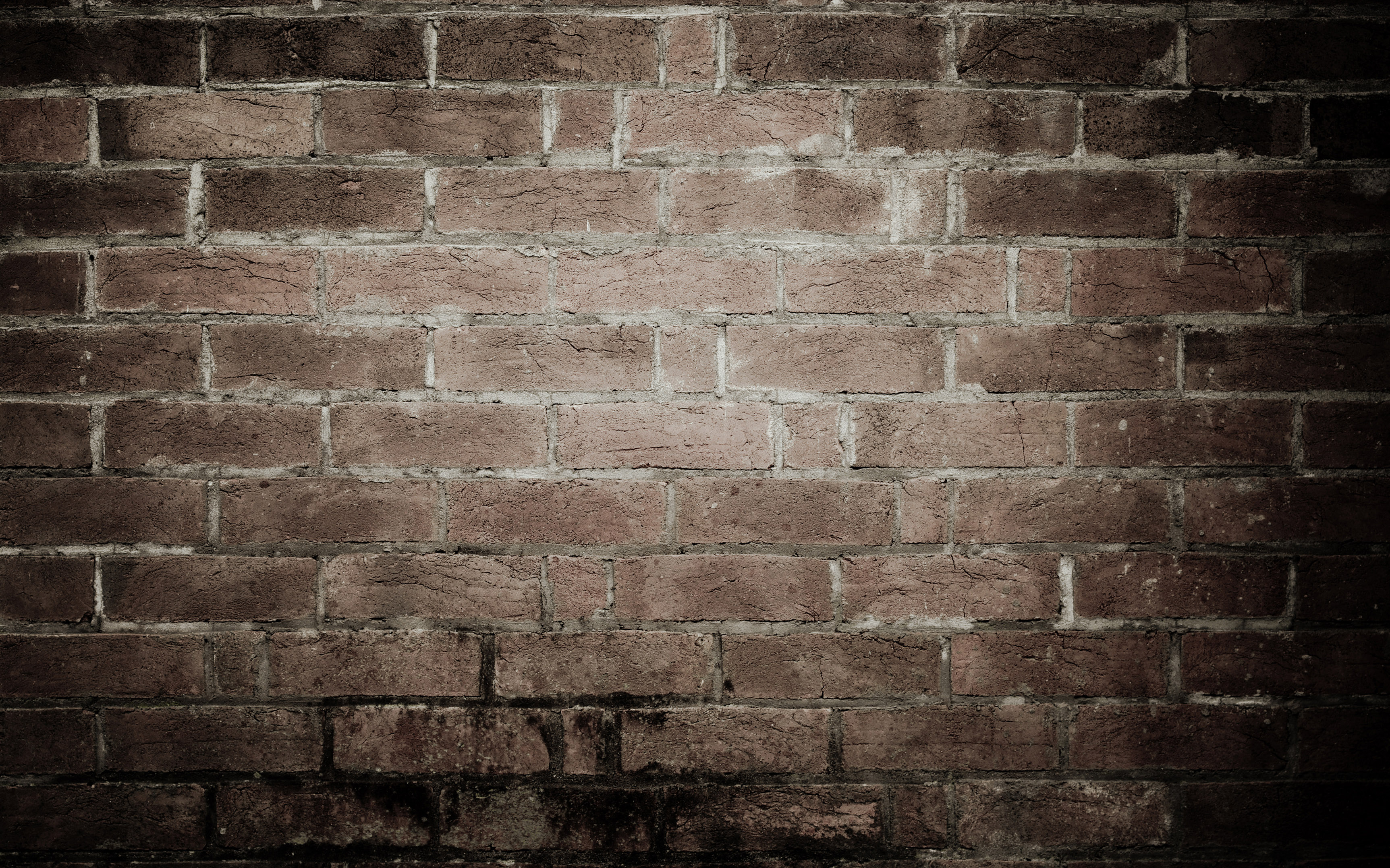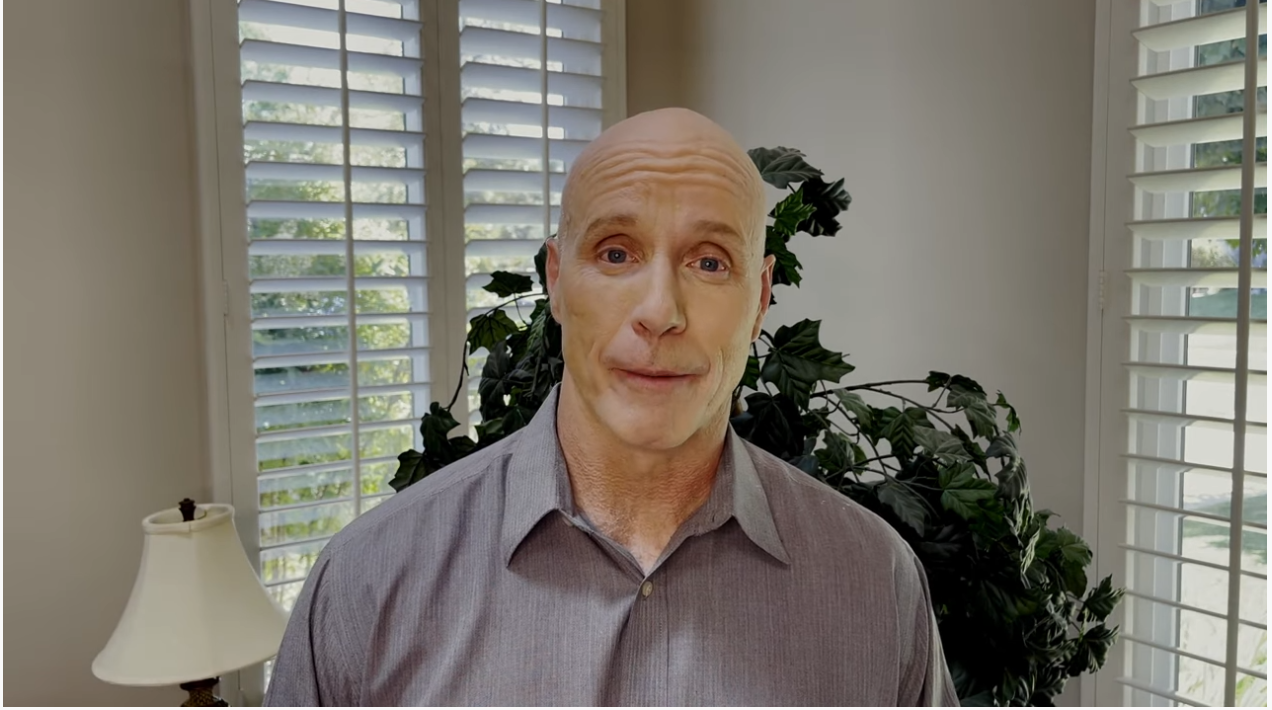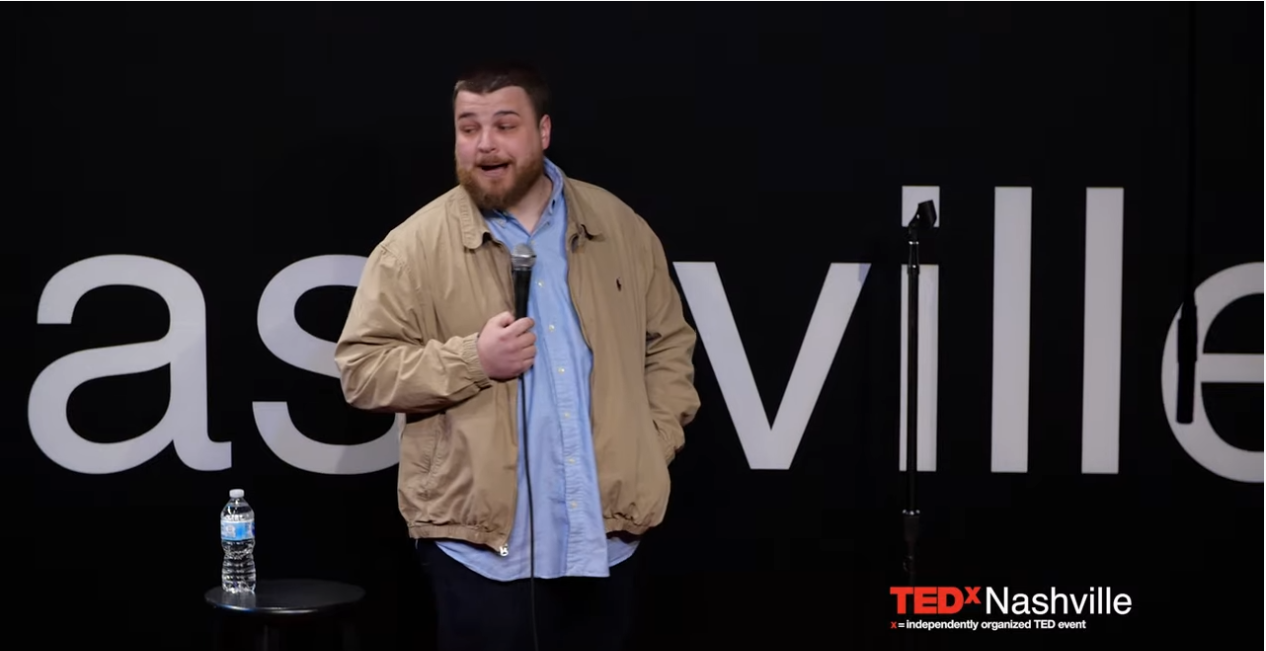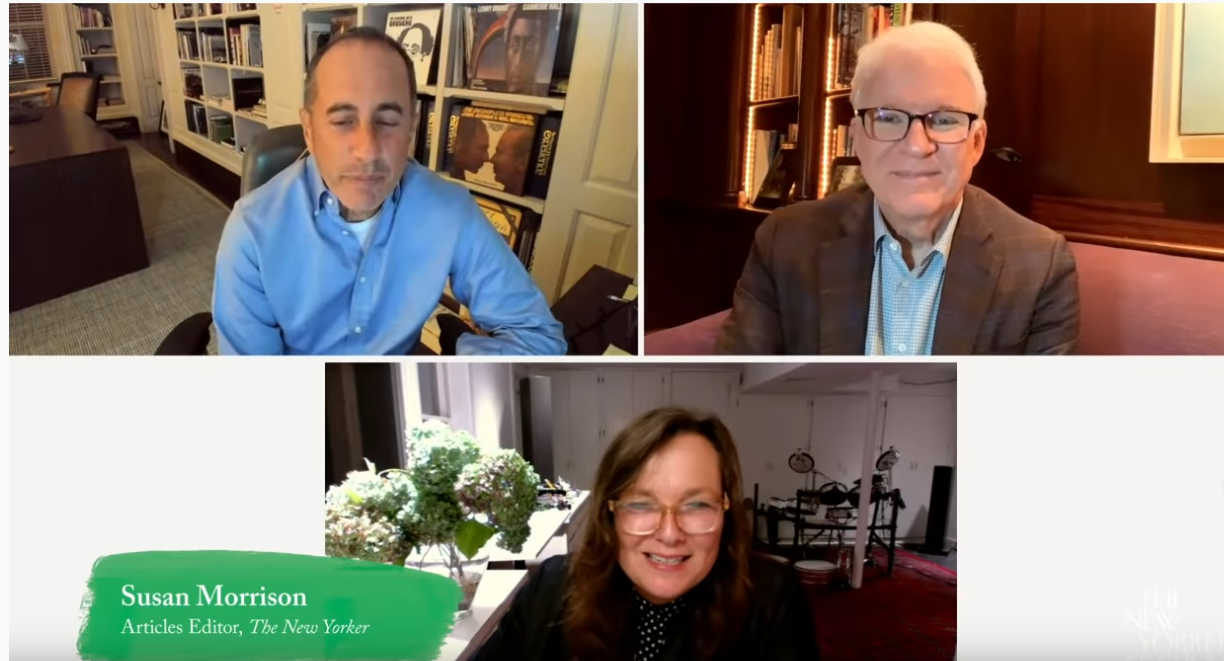 Some days I sit at the down to write material, and my mind goes blank. When that happens, I usually refer to my comedy goals for guidance. You don’t have a set of goals for your comedy career? Believe it or not, most comedians don’t either.They have an idea of what’s going on with their career, but using a written plan seems outlandish. Unless you have a manager or agent to write one for you. It becomes their job to manage these goals with you. However, I discovered creating ‘comedy goals’ can be an excellent blueprint to document how you devote your time.
Some days I sit at the down to write material, and my mind goes blank. When that happens, I usually refer to my comedy goals for guidance. You don’t have a set of goals for your comedy career? Believe it or not, most comedians don’t either.They have an idea of what’s going on with their career, but using a written plan seems outlandish. Unless you have a manager or agent to write one for you. It becomes their job to manage these goals with you. However, I discovered creating ‘comedy goals’ can be an excellent blueprint to document how you devote your time.
During my first year of comedy, I invited Ben Rosenfeld to my DC Digital Week’s ‘Social Media And Comedy’ event. We discussed the value of using social media tools for promoting comedy, but he introduced me to the concept of creating measurable goals. What blew me away was how Ben would include those goals on his website. A public statement on how he will commit himself to the growth of his comedy career. At the conclusion of the year, he would evaluate his achievements and examine the goals that were missed. That was a level of commitment I have never seen before! A new level of fearlessness!
My comedy goals are placed into five categories:
I. Writing:
Every day I force myself to write something. ANYTHING! I have a lot of unfinished premises, ideas for sketch comedy bits and a few pilots for my “straight to YouTube” web shows. If I find myself struggling to write new jokes, I go back to some of my previous work and try to fixed things. By doing this, I set a pattern for writing on a daily basis. Even if what I wrote for the day is totally crap, it becomes a habit that will only improve with time.
II. Performing:
When I think about performances, I break it down into three parts:
- Rehearsing my material (including new bits)
- Actual time on stage
- Reviewing my previous performances
As comedians, we constantly fight for stage time. So I attempt to tape my shows and evaluate them the following day. Sometimes I’ll find a tag I created on stage that will become a part of my set. Although one of my sketch comedy clips was accepted by Funny or Die, I realized my acting needs work. A lot of work. In the future, I will take an acting class to build a stronger screen image.
III. Networking:
When considering networking opportunities, examine the types of events you’re attending and find a purpose to mingle with the attendees. At comedy shows (especially at open mic shows), I make it a point to ask my fellow comedians what are the other projects they’re working on. It might lead to a guest spot on one of their shows, or a collaboration with a writing or video project. For the non-comedy based events, I attempt to meet as many people as possible, and try to build new fans. Most comedians are “on” most of the time, and ‘working a room’ should be a piece of cake.
IV. Promoting:
Not every comedian has a website, but most do have Facebook and Twitter accounts. If you’re performing at a show, writing a blog, or working on other projects…keep you followers updated. Find ways to find get invited to someone’s podcasts, or guest blog for comedy-based magazines.
V. Brainstorming:
Sometimes I will re-examine the basics of comedy. I’ll review some of my favorites books like Franklyn Ajaye’s Comic Insights: The Art of Stand-Up Comedy, or Jay Sankey’s Zen and the Art of Stand-Up Comedy. Maybe I’ll watch DVDs like Why We Laugh: Black Comedians on Black Comedy or Make ‘Em Laugh: The Funny Business Of America for inspiration. Attending seminars and workshops are also excellent ways to enhance your goals. I wondered how much work was involved in creating reality TV shows, and I discovered a workshop presented by Singularus Productions in DC. Also consider visiting your local public access stations. The usually host inexpensive classes on producing TV shows, and you will gain experience when working on volunteer projects.
In closing, everyone has different reasons why they are involved in comedy. When I decided to take comedy seriously, I wanted to ensure my time was being wasted. Using my goals, I can observe where I’m at with my comedy career. Some may see this as being too restrictive. After reviewing my goals (something I do at least every two weeks), I can decide where to place my efforts. Everything may not be going as planned, but I can modify goals if I know what they are!
Here’s to you achieving your comedy goals!
© 2012 Wayne Manigo
Wayne Manigo is a comedian and co-founder of DC Comedy Writers Group. He is the creator of “Addicted to Comedy,” and the ‘brainchild’ behind the annual comedy conference, Starting Stand Up: A Comic Beginning. He also produces the show, Bellylaughs in Bethesda at Caddies at Cordell.

